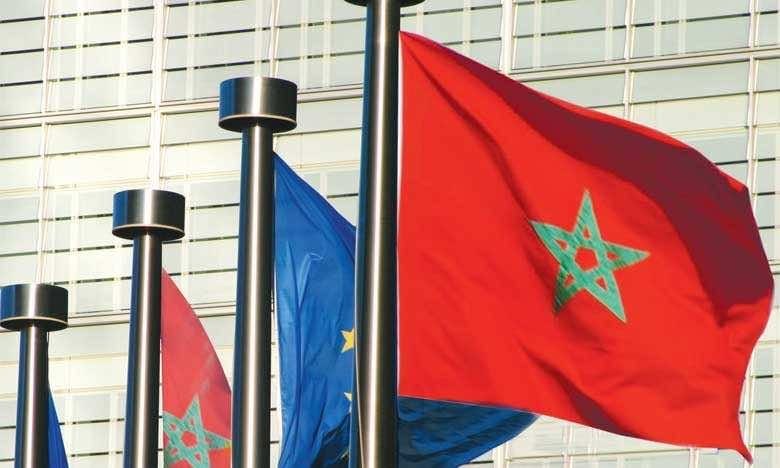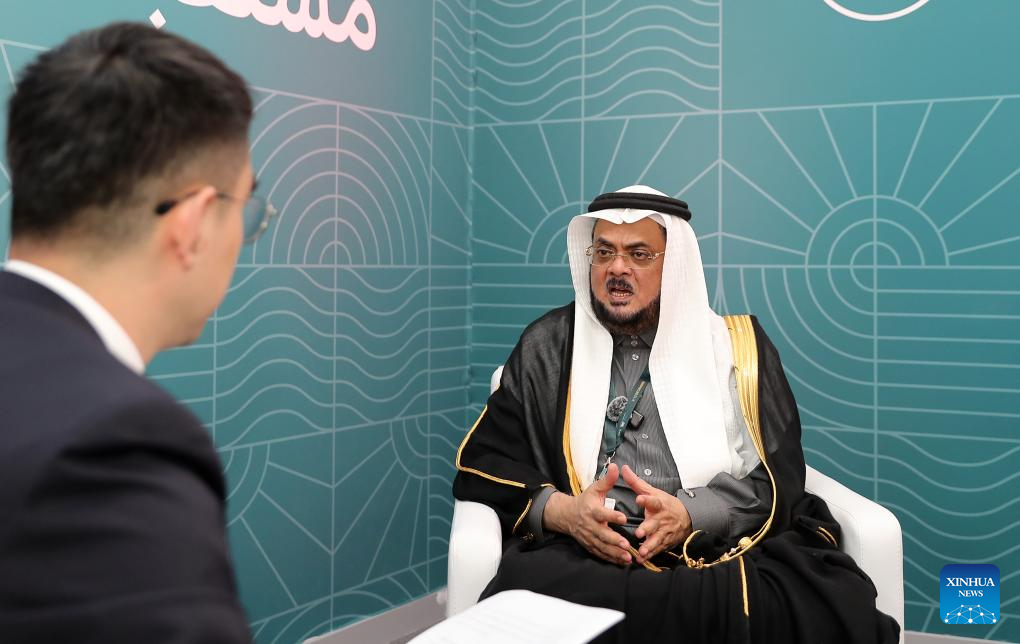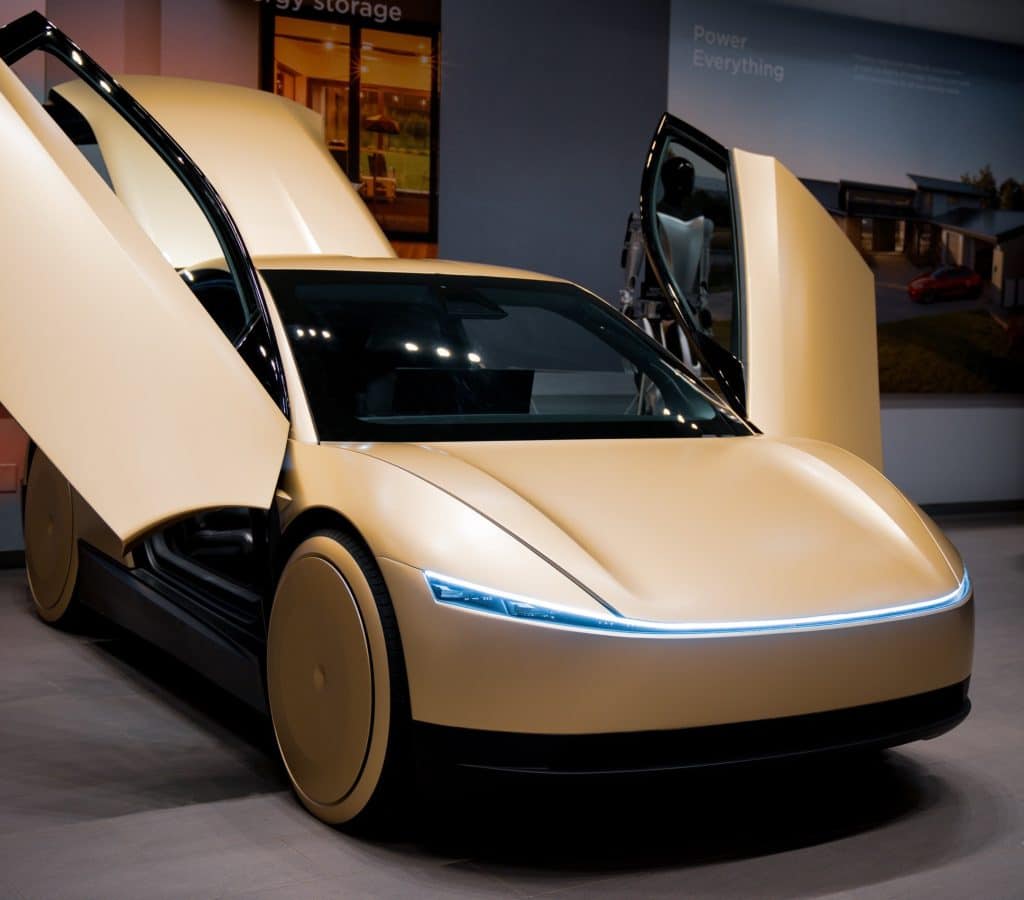Across the Mediterranean, the traditional donor–recipient model of cooperation has lost credibility.
In a world where the lines of global cooperation are constantly redrawn, the Mediterranean is reclaiming its role as a strategic crossroads, not only of trade and migration but of shared futures. The launch of the New Pact for the Mediterranean, an initiative of the European Commission, signals Europe’s attempt to craft a more balanced relationship with its southern neighbours. Yet, it is in Rabat, not Brussels, that this vision may find its most natural and effective partner.
During the 12th Annual Meeting of the Morocco–EU Joint Parliamentary Committee, held this week in the Moroccan capital, both sides reaffirmed a simple yet powerful idea: the Mediterranean cannot be stable, prosperous, or secure without Morocco’s full and active participation.
For decades, Morocco has pursued a multidimensional foreign policy that positions it as a bridge nation, connecting Africa to Europe, the Sahel to the Atlantic and the Arab world to the West. Under the leadership of King Mohammed VI, the kingdom has built a network of partnerships grounded in mutual respect and shared development.
Nowhere is this more visible than in the Atlantic Initiative, the Royal vision to open up the Sahel countries to the Atlantic Ocean. This initiative is more than a logistical corridor; it is a geopolitical reconfiguration of Africa’s economic geography. By offering landlocked nations access to global trade routes, Morocco is proposing a model of solidarity-based growth, one that transforms geography into opportunity.
At the Rabat meeting, Lahcen Haddad, co-president of the Joint Parliamentary Committee for the Moroccan side, underlined how the New Pact and the Atlantic Initiative intersect. Both, he noted, aim to build economic inclusion and stability by tackling the structural issues that fuel irregular migration and insecurity.
Indeed, the question of migration dominated much of the discussion, not as a source of tension but as a space for innovation. Morocco’s approach, balancing humane management with regional cooperation, stands in stark contrast to the reactive and often divisive debates within the EU. As Ruggero Razza, his European counterpart, pointed out, the goal now is to transform this partnership into a continuous dialogue, with new sessions planned in Brussels to shape concrete frameworks for cooperation.
This renewed dialogue between Rabat and Brussels is not happening in a vacuum. Across the Mediterranean, the traditional donor–recipient model of cooperation has lost credibility. Europe needs reliable, stable partners capable of addressing shared challenges, from climate change to food security, through pragmatic, locally grounded solutions. Morocco, with its agricultural modernisation and clean-energy leadership, offers precisely that.
As Haddad emphasised, the next stage will involve deepening collaboration in key sectors such as agriculture and sustainable development. The shared objective is clear: build a Mediterranean space where prosperity is co-created, not distributed unequally.
Europe’s renewed interest in the southern neighbourhood is not purely altruistic. Faced with increasing global competition, energy insecurity, and the rise of new geopolitical players in Africa, the EU can no longer afford to view the Mediterranean as a peripheral zone. It must see it as a central axis of its own stability and growth.
In that sense, the New Mediterranean Pact is as much a test for Europe’s strategic autonomy as it is for its sincerity in building equal partnerships. For Morocco, it is an opportunity to anchor its Atlantic and African vision within a broader Euro-Mediterranean framework, one that respects its sovereignty, values its leadership and recognises its indispensable role in regional stability.
The Rabat meeting may not have produced grand declarations, but it marked something more important: a convergence of visions. Both sides now speak the language of shared responsibility, economic interdependence, and co-development.
If this spirit endures, the New Pact for the Mediterranean could evolve from a diplomatic communiqué into a genuine framework for regional transformation, one that finally acknowledges what geography and history have long affirmed: that Morocco is not Europe’s neighbour to the south, but its partner at the centre of the Mediterranean future.
Credit: Said Temsamani is a Moroccan political analyst focusing on diplomacy, governance and international affairs.




